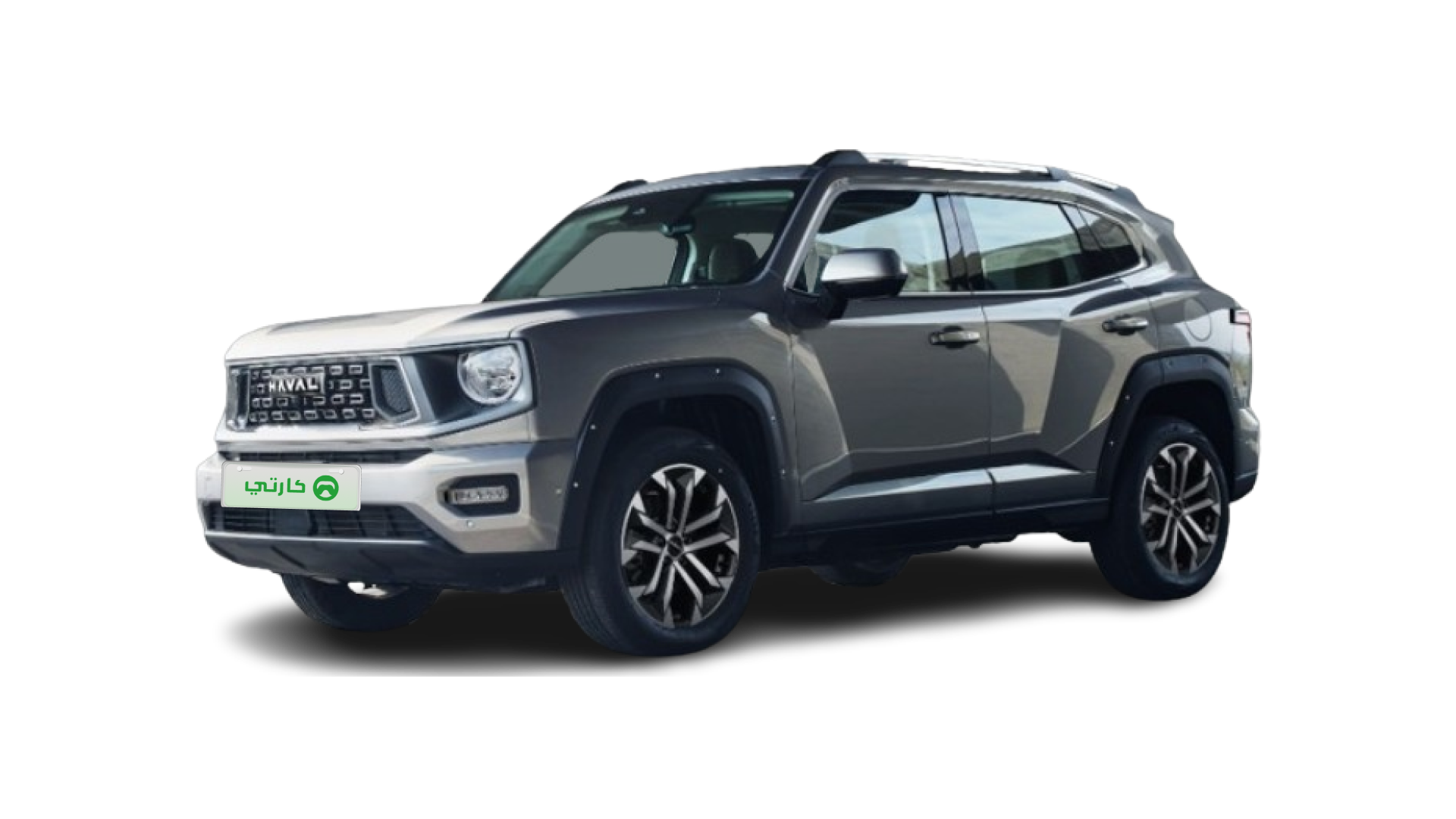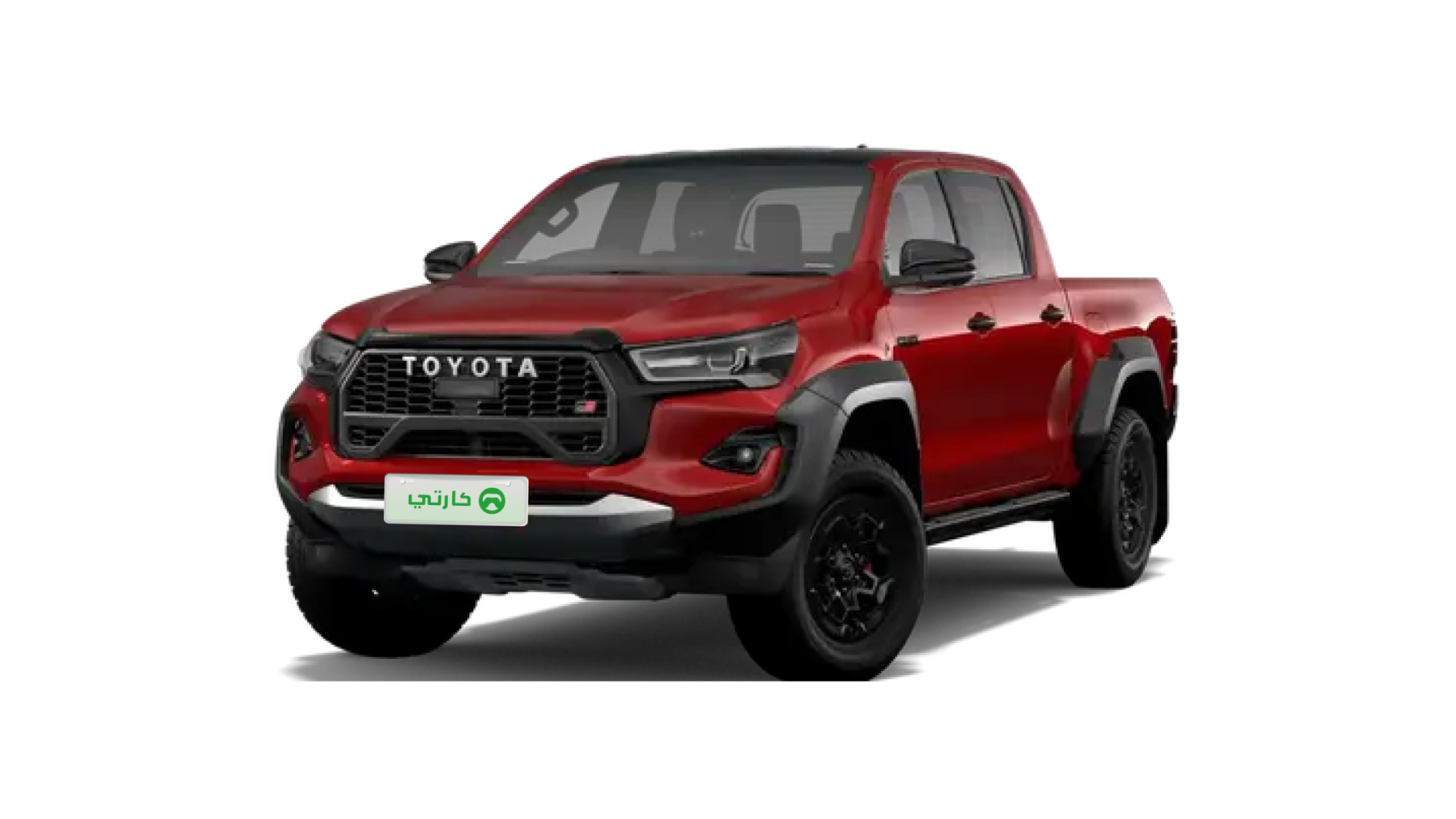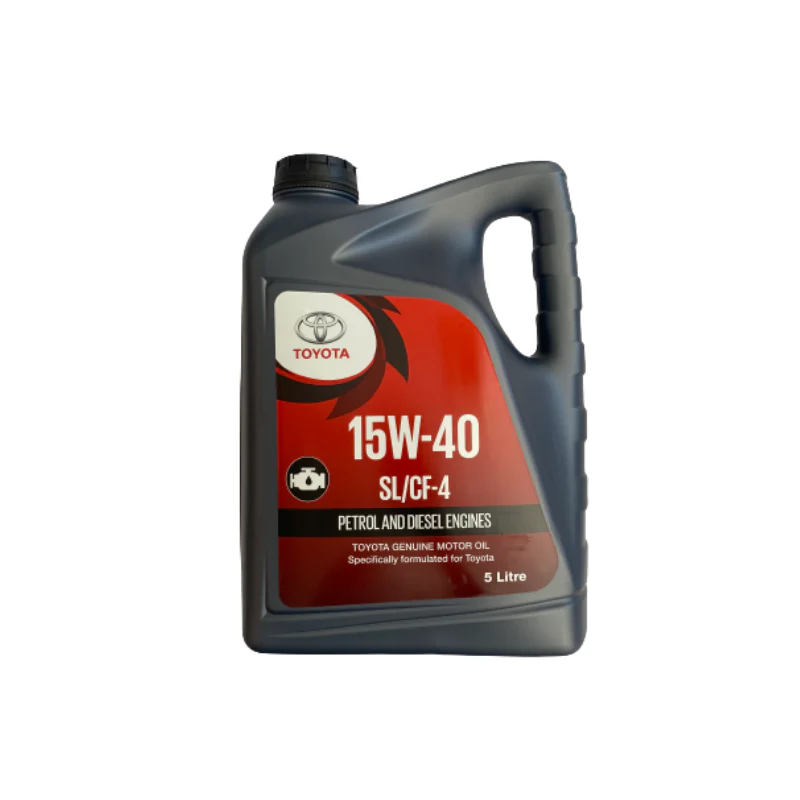
Curious about how far does Toyota 15W40 oil last?, This guide dives into the mileage expectations of Toyota 15w40 oil while highlighting how different driving styles dictate when an oil change is necessary. You'll find simple maintenance tips and expert insights that help you get the most out of your engine oil.
What You Need to Know First
Recommended Oil Change Intervals
Regular oil changes are key to ensuring your engine runs at its best. Many technicians advise that if your daily routine involves frequent city driving, you should consider an oil change as soon as 5,000 km, as stop-and-go conditions increase stress on your engine. When your driving is mostly on highways, a longer interval of 7,500 km might be acceptable, but in severe conditions such as extremely hot climates, even 4,000 km could be the safest option.
Key Signs You're Overdue
Keep an eye on your oil's appearance and your engine's performance; darker oil typically signals that it’s aging and losing its protective qualities. You might also notice unusual engine noises or a drop in fuel efficiency, indicating that the oil is no longer providing optimal engine protection. Additionally, if you receive warnings from your oil level sensor, it's a clear sign that it's time to replace your oil to avoid any potential engine damage.
Understanding Oil Change Cycles
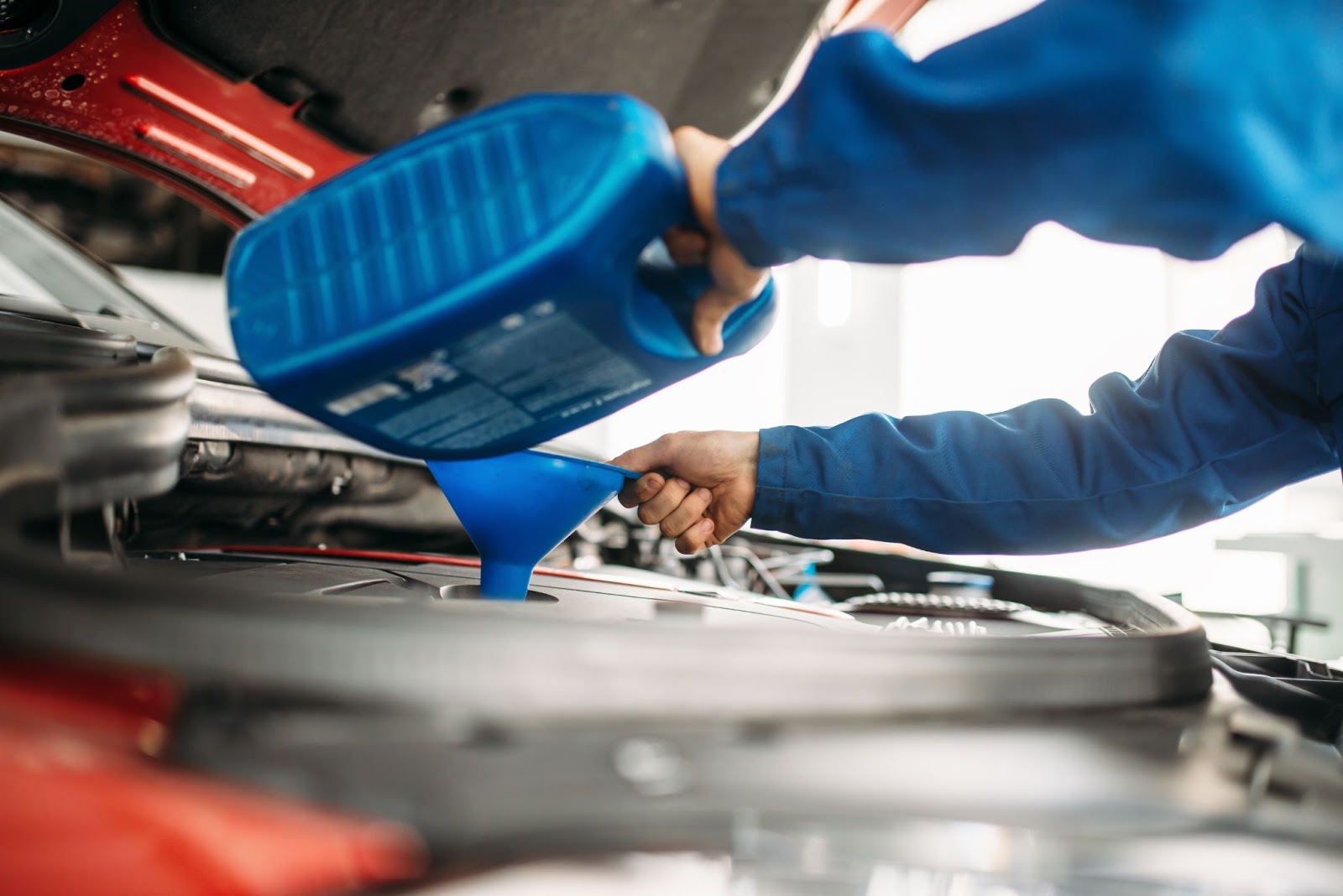
Driving Conditions Impact
Different driving patterns affect how quickly your oil degrades. Urban commutes, with their frequent stops and idling periods, can lead to quicker oil breakdown, making shorter intervals advisable. On long, uninterrupted highway drives, the oil tends to last longer, while towing heavy loads can put extra strain on the lubricant, necessitating a more frequent change to ensure engine protection.
Oil Quality Differences
Selecting the right type of oil is crucial for your engine’s health. Full synthetic oil, prized for its enhanced engine protection, usually lasts 10-15% longer than traditional mineral oil. Mineral oil, while budget-friendly, may require more frequent changes. Meanwhile, a semi-synthetic blend offers a balance between cost-effectiveness and performance, making it a suitable choice for many drivers.
Maintenance Best Practices
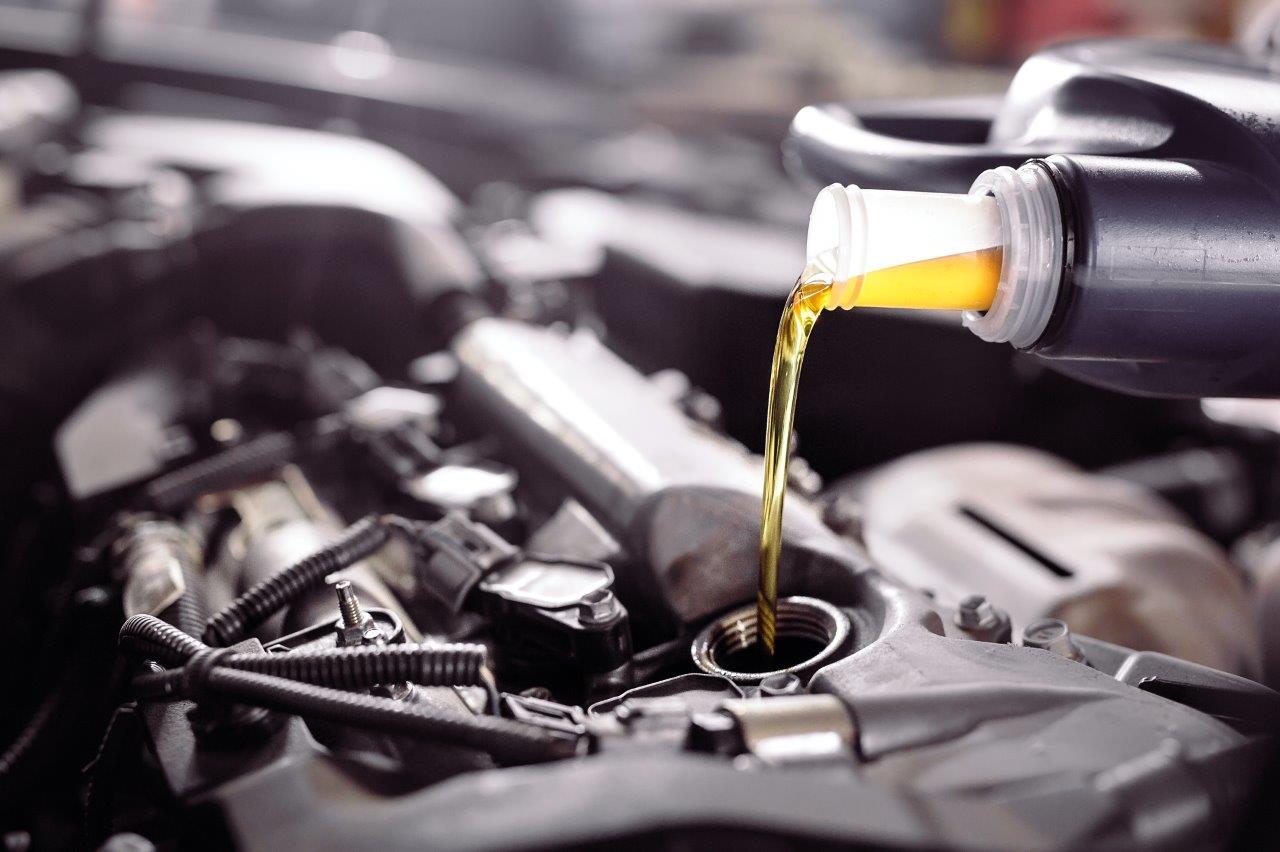
Prolonging Oil Life
Keeping an eye on your oil is simpler than you might think. You should check your oil level monthly with a dipstick to catch any potential drop early. Every time you change your oil, remember to replace the oil filter as well; this practice ensures contaminants are kept at bay. Using only manufacturer-approved additives helps maintain the oil's integrity, and regularly monitoring your engine's temperature can prevent overheating issues that might degrade your oil faster.
2025 Oil Technology Updates
As automotive technology evolves, so do the advancements in engine oil. Today’s smart oil monitoring sensors provide real-time data to help you determine the perfect moment for an oil change, removing much of the guesswork. Innovations such as bio-degradable formulations and adaptive viscosity compounds are designed to automatically adjust to your engine’s needs, promising enhanced performance and a longer-lasting oil life.
FAQ
Q:What factors affect the mileage interval for Toyota 15w40 oil?
Your oil change interval can be influenced by several elements such as driving conditions, oil type, and environmental temperatures. Urban driving with frequent stops tends to wear oil out faster than long, smooth highway drives. The quality of the oil—whether full synthetic, mineral, or semi-synthetic—also plays a significant role, as does the engine’s design and manufacturer recommendations. In many cases, factors like towing or heavy engine loads push the need for a more regular oil change. Keeping these variables in mind helps you choose a schedule that best protects your engine.
Q:Is it safe to extend the oil change interval past 8,000 km?
Extending the oil change interval beyond 8,000 km is generally not advised if you want to maintain optimal engine performance. While some advanced oils and technologies claim to prolong oil life, higher mileage between changes can increase the risk of engine wear and deposit buildup. You might notice slight changes in engine performance, and the longer intervals may not suit severe driving conditions. A consistent maintenance routine is the best way to ensure your engine stays protected. Always consult your vehicle's manual for tailored advice.
Q:How does full synthetic oil differ from conventional oil for my Toyota?
Full synthetic oil is engineered to offer superior engine protection by maintaining its viscosity for longer durations, even under high-stress conditions. It generally provides better resistance to breakdown, which can be crucial if you drive in areas with extreme temperatures or heavy traffic like the busy roads of Dubai. In contrast, conventional mineral oils are more prone to oxidation and may require more frequent changes. Many drivers find full synthetics to be a worthwhile investment if they’re looking to extend the interval between oil changes while ensuring enhanced engine safety.
Q:Can I rely on oil monitoring sensors for timely oil changes?
Oil monitoring sensors are becoming a reliable tool for many drivers, as they provide real-time information on your oil’s condition. These sensors help track factors such as oil degradation and engine performance, guiding you to change the oil only when necessary. However, while they are highly useful, it’s still important to manually check and follow your vehicle’s maintenance schedule. Trust your sensor data but also be proactive in observing any signs of poor oil performance. In short, these sensors complement, but do not completely replace, routine oil checks.
This article is for reference only; please consult the latest local laws and regulations for complete guidance.
Read more:
Buying a Car from Kuwait in 2025
Changan Car Prices: The Ultimate Buyer's Guide for UAE Drivers

Abdul Rahman is an avid car enthusiast with over a decade of self-driving travel experience. He loves hitting the road in various vehicles, exploring different landscapes. Besides, he enjoys sharing practical knowledge about car usage, helping fellow drivers solve problems and make the most of their rides.




